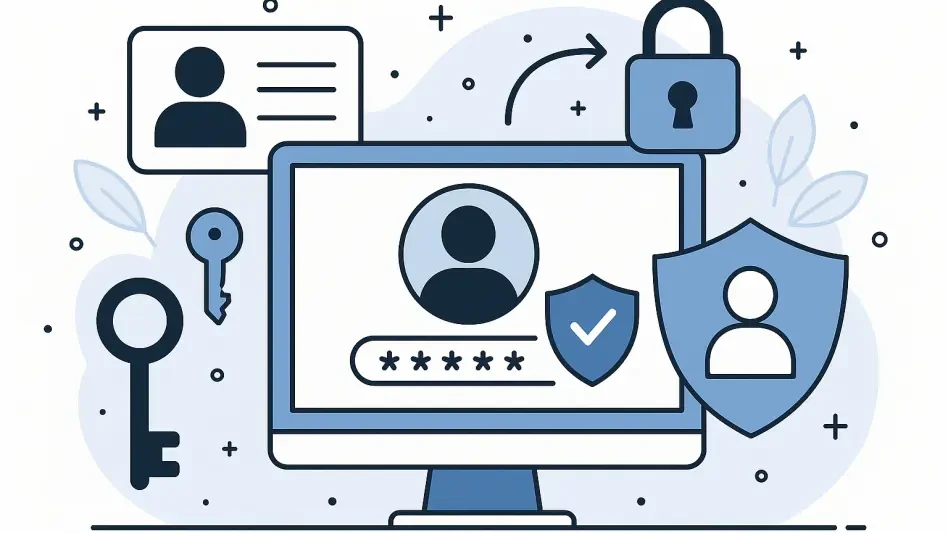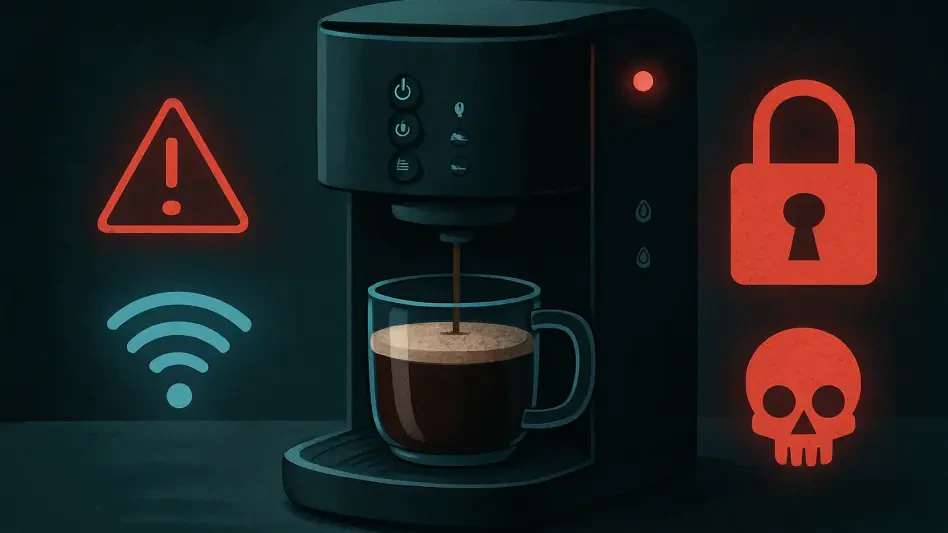If you think hackers are mere criminals who blackmail, break systems, damage networks, and steal money and confidential information, think again. Some of the cyber pirates that lurk in the shadows of the World Wide Web are far more complex, and this article will prove it. Besides malicious actors, there are also ethical hackers. They use their skills to find weak spots in systems, helping businesses protect their networks from harmful intrusions. Let’s explore five unexpected historical facts about hacking and see how the red teaming community protects the digital world with new security measures.
It All Started with a Whistle
Before the Internet, hackers who explored telephone networks were known as “phone phreaks.” They figured out how to copy the specific sounds used by phone companies to make free long-distance calls. In the 1960s, Joybubbles became a popular name in this subculture, as he used his perfect pitch to whistle the phone network tones. Phone phreaks created blue boxes, devices that automated their phone line tricks, making it easier to manipulate calls.
Joybubbles’ creative work led to a hacker community that valued innovation and teamwork. Many phreaks developed their tech skills during the early days of computing and later applied them to ethical hacking. Today, they use similar methods to find and fix security issues in digital and network systems, no longer focusing on telephone lines.
Like modern ethical hackers, phone phreaks were motivated to understand how systems worked and share information. This community spirit continues today in “Capture the Flag” competitions for ethical hackers, where members challenge each other through secure, educational tasks.
The Underground That Redefined Cybersecurity
The open-source community has led to the rise of underground coders who have used their skills to improve digital security. In the 1980s and 1990s, they explored computer systems mainly for curiosity rather than profit or harm, wanting to understand how systems worked and to test personal boundaries in their fields. Over time, many of these hackers transitioned into cybersecurity professionals who identify and fix security problems.
The shift from unofficial to ethical hacking shows how talented programmers can positively impact modern cybersecurity. Today, they continue the work of gray-hat hackers who challenged companies like Microsoft for neglecting security. They help organizations find and fix vulnerabilities to strengthen their security. Certifications such as Certified Ethical Hacker and Offensive Security Certified Professional prove their skills in this area. Bug bounty programs reward coders for spotting vulnerabilities, and companies like Google and Microsoft run such programs.
The bottom line is that ethical hackers play essential roles in protecting computer systems and securing data. They act as a defense against cyber threats, working to prevent unauthorized access to systems.
When Teen Hackers Stood on a Nation’s Cyber Frontline
In the late 1990s, the French government began an initiative to hire teenage hackers. The Directorate of Territorial Security, a French intelligence agency, lacked skilled cyber professionals, so it took action and selected young cybercrime offenders to conduct research on youth hacking issues. These hackers had their prison terms suspended by national security agents who ordered them to work in their services.
Government officials ordered hackers to access domestic and foreign computer networks to obtain vital intelligence about powerful institutions that took advantage of underage individuals who do not possess such developed cyber skills. This classified operation illustrates that infiltration technology yields good or bad results based on which organization controls it.
Today, the field of ethical hacking focuses on clear rules and practices. Institutions now operate without the need for secrecy and pressure. Computer system security testing requires ethical hackers’ permission before they can evaluate. Such ethical guidelines protect professional practitioners by requiring legal methods to protect data systems rather than illegal actions.
The Power of Hacktivism
Hacktivism, a new form of political activism, is becoming more popular. Many tech whizzes use their skills to challenge unfair governments and reveal corruption. In 2013, two teen hackers from Peru, called “LulzSec Peru,” gained international attention for their actions. They started by infiltrating the Venezuelan president’s social media accounts and those of other important politicians. Their biggest cyberattack took place in 2014.
LulzSec Peru broke into Peru’s Department of the Interior, uncovering widespread corruption. They leaked sensitive emails that caused a strong public reaction. This breach led many people to consider a vote to dissolve the government. However, the referendum did not pass.
This event showed government officials how hacking can affect politics and emphasized the importance of transparency and accountability. Ethical hacking can help promote social change by revealing issues people did not notice before.
How Body Hacking Blurs The Lines Between Technology and Biology
Some modern hackers focus on changing their bodies instead of working with computers. Body hacking and cyborg modifications have recently gained attention as people try to enhance their physical abilities with technology. Artist Moon Ribas became well-known for having sensors implanted in her body that let her sense earthquakes. When an earthquake occurs, sensors in her feet pick up vibrations, allowing her to feel the movements of the Earth in real time.
Another example is Winter Mraz, who uses body hacking for everyday convenience. After a spinal injury, she received a Radio-Frequency Identification implant in her hand that helps automate doors, improving her daily life. Body hacking shows how programming science is evolving past the binary code, as bioengineering can now transform biological and technological systems.
Some will say it is not ethical, but on some level, body hacking aligns with what ethical hackers aim to achieve. Just as computer security specialists protect digital systems, body hackers work to enhance human abilities beyond previous limits.
Conclusion
Phone phreaks started it all by establishing the early hacking communities. Back then, they were seen as rebels, but now, they play a key role in preventing cyberattacks. Nowadays, ethical hackers actively participate in bug bounty programs with organizations. They help find system weaknesses and work with government cybersecurity teams to fix them. They also participate in competitions to improve their skills.
Red teaming has also become a way for political activists to express their views, but their focus is mostly on making systems safe, transparent, and fair while handling technical tasks. Ethical hackers remain leaders in improving and protecting digital spaces that influence people’s daily lives, and their expertise has become crucial to global cybersecurity efforts.








